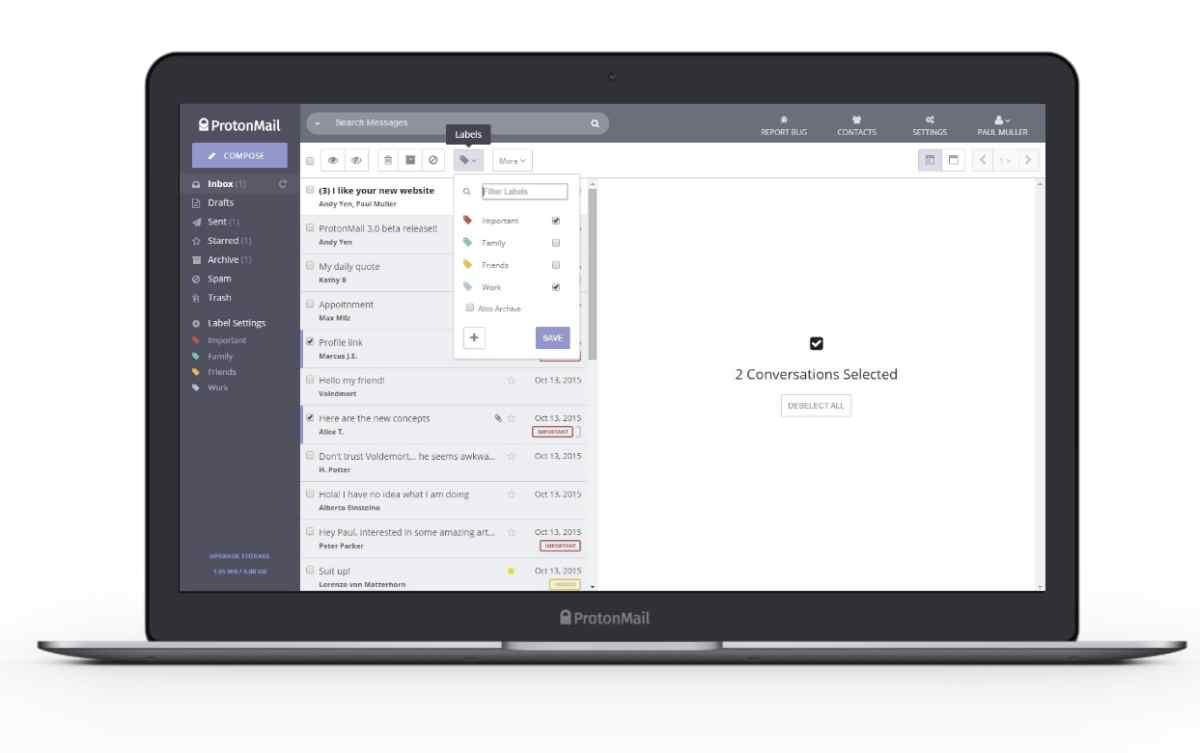

The internet consists of separate pathways that are connected together. Read on to learn how you can deter others from digitally tracking you. Then, apply these strategies to prevent bad actors from using your IP address to load malware onto your devices, serve you with ransomware, hack into your financial accounts, or steal your entire online identity.

Even websites you visit can tell it is you and what you do while there. They can also monitor your digital activities and be ordered by law enforcement agencies to divulge that information under certain conditions. Keep in mind that your ISPs (both fixed and mobile) have direct access to your location when you go online. But your mobile device’s IP address is different, giving those who are determined enough two ways to find and track you. So, surfing the web or using email on your cellular phone or tablet furnishes another access channel to your IP address. The same is true when you use a mobile device with cellular connectivity because it pings nearby cell towers to provide connections wherever you are. When you use your computer, mobile phone, or tablet to access the internet, you are readily visible via your assigned Internet Protocol (IP) address from your Internet Service Provider (ISP) and the Media Access Control (MAC) address that identifies each piece of computing hardware you use. It is not illegal to mask your online activity if you are not engaging in criminal pursuits. You can toss around false clues to hide your activities or at least leave some misdirections behind to keep potential evildoers off your trail. These elements are hiding in plain sight, but they are easy to reveal once you know where to find them. Digital crooks - whom cybersecurity experts and law enforcement officials politely call bad actors - use elements of modern-day cyber communications to track your online activities.


 0 kommentar(er)
0 kommentar(er)
